Notebook
-
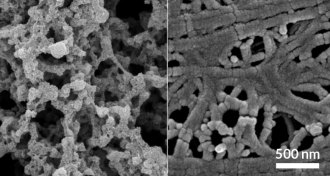 Materials Science
Materials ScienceNew textile weathers temperature shift
Reversible textile keeps skin at a comfortable temperature with thin layers of carbon and copper.
-
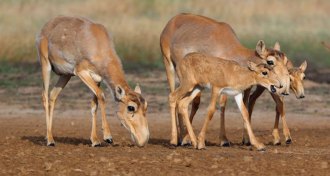 Animals
AnimalsHere’s why so many saiga antelope mysteriously died in 2015
Higher than normal temperatures turned normally benign bacteria lethal, killing hundreds of thousands of the saiga antelopes.
-
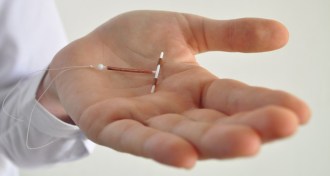 Health & Medicine
Health & Medicine50 years ago, IUDs were deemed safe and effective
50 year ago, the U.S. Food and Drug Administration declared intrauterine devices safe and effective, though officials didn’t know how the IUDs worked.
-
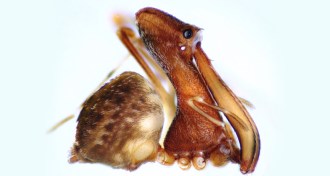 Animals
Animals18 new species of pelican spiders discovered
A researcher used old and new specimens to discover 18 species of pelican spiders from Madagascar.
By Dan Garisto -
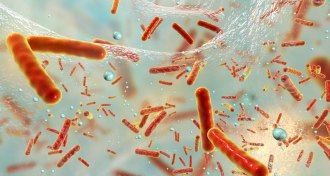 Microbes
MicrobesA new gel could help in the fight against deadly, drug-resistant superbugs
An antibacterial ointment breaks down the defenses of drug-resistant microbes such as MRSA in lab tests.
-
 Archaeology
ArchaeologyHow the Dead Sea Scrolls survived a war in the 1960s
50 years after the Dead Sea Scrolls survived a war, another possible scroll cave offered tantalizing new clues.
By Bruce Bower -
 Artificial Intelligence
Artificial IntelligenceAsk AI: How not to kill online conversations
Tips on not being a conversation-killer, courtesy of an AI that studied over 60,000 Reddit threads.
-
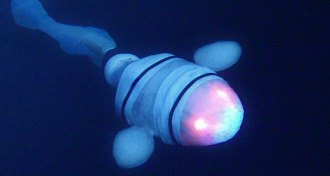 Animals
AnimalsRobot fish shows how the deepest vertebrate in the sea takes the pressure
Tests with a robot snailfish reveal why the deep-sea fish has mysterious goo in its body.
By Susan Milius -
 Neuroscience
NeuroscienceJazz improvisers score high on creativity
Jazz musicians’ creativity linked to brain dexterity.
By Kimber Price -
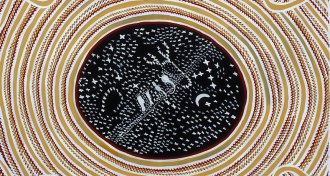 Astronomy
Astronomy86 stars get official names
The International Astronomical Union has released 86 newly official star names, based, in part, on historical star names from various indigenous cultures.
-
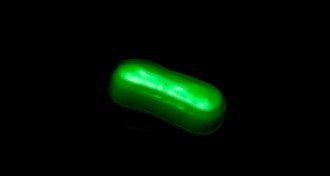 Genetics
Genetics50 years ago, synthetic DNA made its debut
Synthetic DNA has come a long way since it arrived on the scene half a century ago.
-
 Health & Medicine
Health & MedicineThe man flu struggle might be real, says one researcher
A researcher reviews the evidence for gender bias among flu viruses in the BMJ’s lighthearted holiday edition.